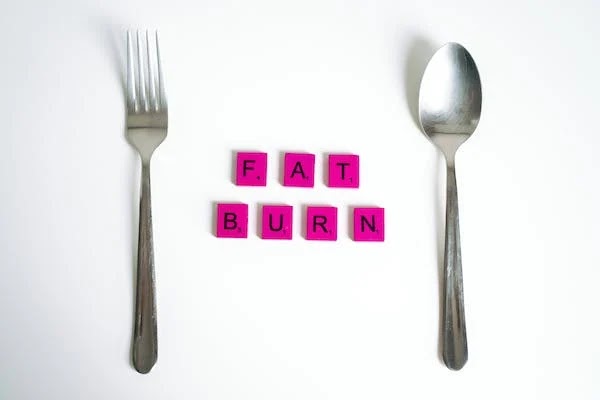What are the benefits of a food journal ? How do food journals help with weight loss ?| Health Tips
Whether you're attempting to lose weight, gain weight, maintain your current weight, or keep your current weight and enhance your body composition, it's crucial to practice mindful eating. A mindful behavior method that can help you optimize your diet is keeping a food journal. By keeping track of your food consumption, you may more accurately tally calories and macronutrients and make necessary dietary adjustments. You can learn what foods make you feel the best and what foods you might want to limit based on your individual sensitivities and intolerances by keeping a food record.
Writing in a journal might also help you become more conscious of WHY you are eating. You might discover that when you're feeling down or depressed, you eat more processed meals that are sweeter.
By keeping a food journal, we can become more aware of our habits, whether or not we are aware of them. You might find that you prefer to snack on things out of boredom or stress rather than hunger if you keep track of what, when, and why you eat.
Additionally, you might find that you're consuming more or fewer calories than you anticipated, which can prevent you from reaching your desired weight. We can begin to address the routines and behaviors that have been impeding our progress thus far once we become conscious of them. You can determine if there are particular periods of the day when you are more hungry and end up eating more than you intended to by keeping note of when you eat. Once you start noticing patterns, you can make changes to your eating schedule, for instance, to avoid binge eating later.
How do you start ?
There are numerous applications out there that may help you keep track of your calories and have a long list of foods pre-programmed to make it simple to do so, like MyFitnessPal. Use a standard journal or notebook if you choose.
Observations regarding eating
- Tracking calories is key. You can be getting more or less calories than you believe, as was previously noted. Your intake of carbohydrates, proteins, and fats may differ from what is recommended for you.
- Keep a mental and physical journal of your pre- and post-meal feelings. You might discover that how you feel affects whether you eat well or poorly.
- Keep a log of when you eat throughout the day. You might need to change your breakfast or your mid-morning snack if you see that you're already munching on "junk" foods. Your goals will be easier to reach as a result.
- Record your workout's feelings if you're exercising. If you discover a link between the foods you ate beforehand and how you felt throughout a workout, you might want to start re-creating that meal before your exercises on a regular basis.
- Location is also something to keep in mind because it can have an impact on your eating habits. Examples of these impacts include work, your surroundings, and the people you interact with.
Food journaling has therapeutic benefits and can help you maintain regular accountability. Although it requires some effort, this practice can help you reach your dietary and physical fitness objectives. Additionally, it might help you identify foods that are less tolerable for you and those that make you feel good. You may adjust your diet and improve your general health and well-being by recognizing your habits and behaviors.

.jpg)




.webp)
